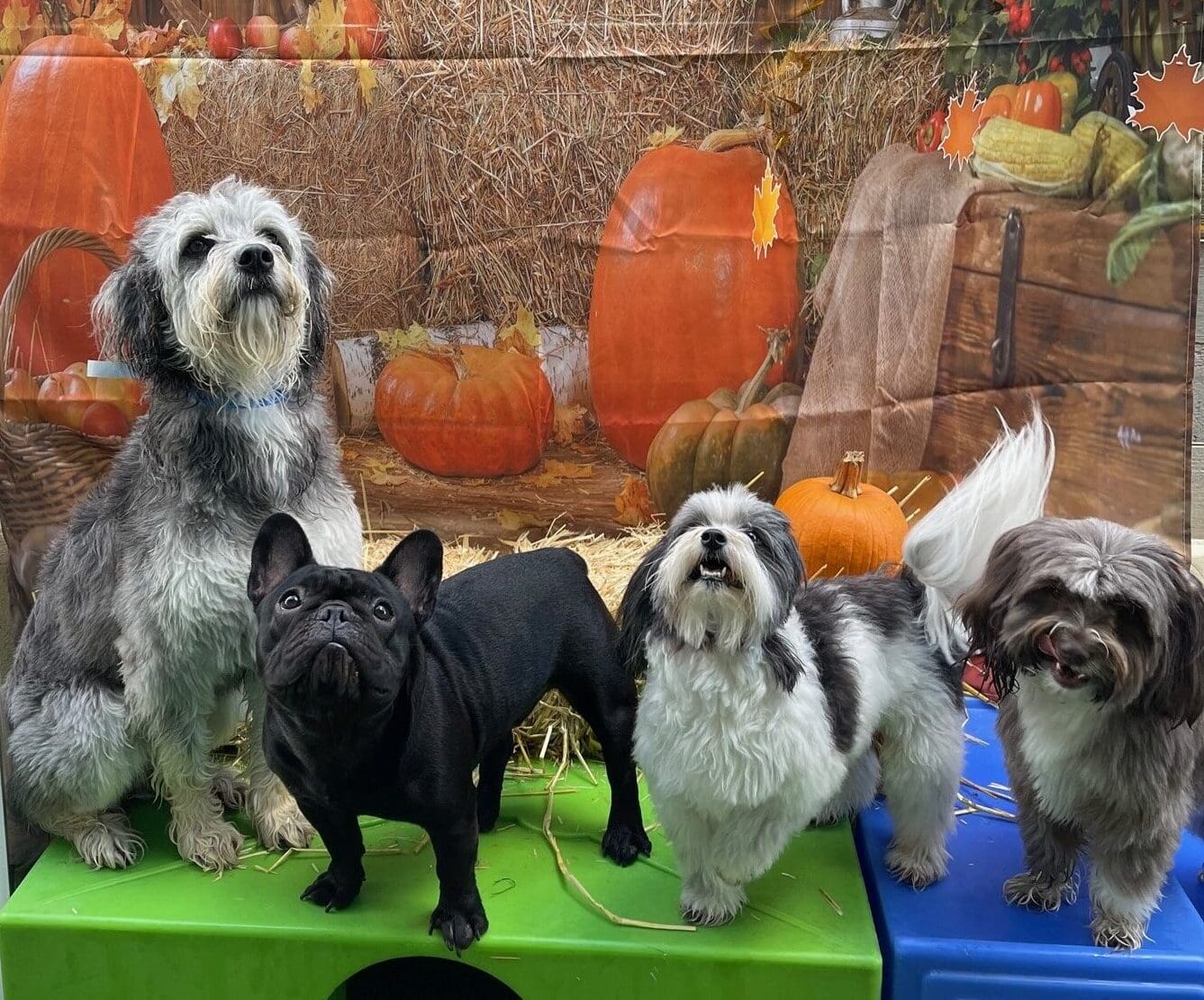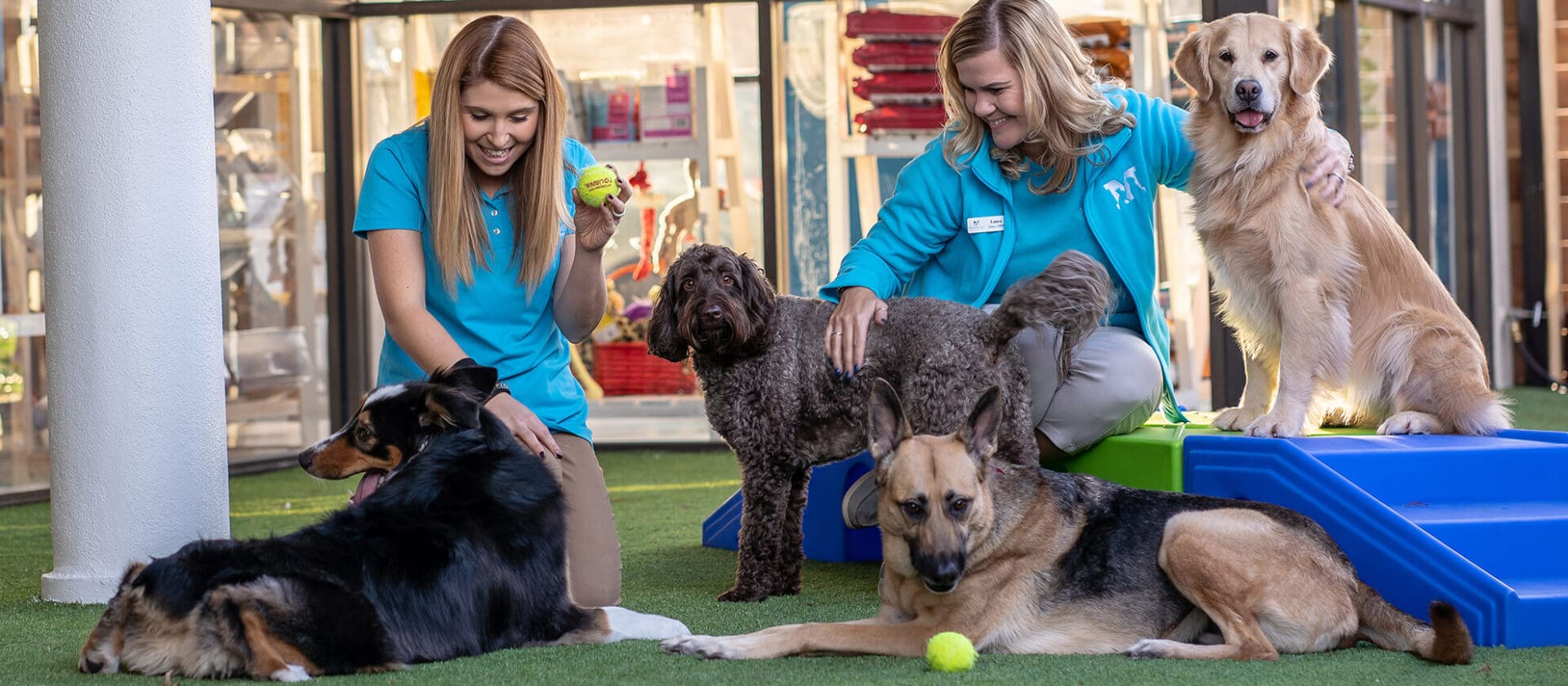Wishbone Thinking: Six Thanksgiving Safety Tips for Dogs

With Thanksgiving plans being a bit more restrictive this year, we may find ourselves tempted to spoil our pets even more than we usually do. While some extra indulgences of pet safe treats are always ok, we must be mindful when it comes to human foods. Follow these tips to keep your pets healthy and safe during the holiday season!
Keep the feast on the table—not under it. Eating turkey or turkey skin – sometimes even a small amount – can cause a life-threatening condition in pets known as pancreatitis. Fatty foods are hard for animals to digest, and many foods that are healthy for people are poisonous to pets – including onions, raisins and grapes. If you want to share a Thanksgiving treat with your pet, make or buy a treat that is made just for them.
No pie or other desserts for your pooch. Chocolate can be harmful for pets, even though many dogs find it tempting and will sniff it out and eat it. The artificial sweetener called xylitol – commonly used in gum and sugar-free baked goods – also can be deadly if consumed by dogs or cats.
Yeast dough can cause problems for pets, including painful gas and potentially dangerous bloating.
Put the trash away where your pets can’t find it. A turkey carcass sitting out on the carving table, or left in a trash container that is open or easily opened, could be deadly to your family pet. Dispose of turkey carcasses and bones – and anything used to wrap or tie the meat, such as strings, bags and packaging – in a covered, tightly secured trash bag placed in a closed trash container outdoors (or behind a closed, locked door).
Be careful with decorative plants. Don’t forget that some flowers and festive plants can be toxic to pets. These include amaryllis, Baby’s Breath, Sweet William, some ferns, hydrangeas and more.
Quick action can save lives. If you believe your pet has been poisoned or eaten something it shouldn’t have, call your veterinarian or local veterinary emergency clinic immediately. Signs of pet distress include: sudden changes in behavior, depression, pain, vomiting, or diarrhea. Contact your veterinarian immediately.

